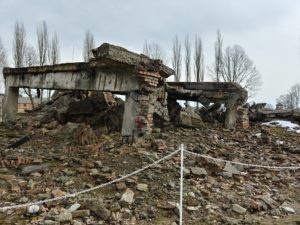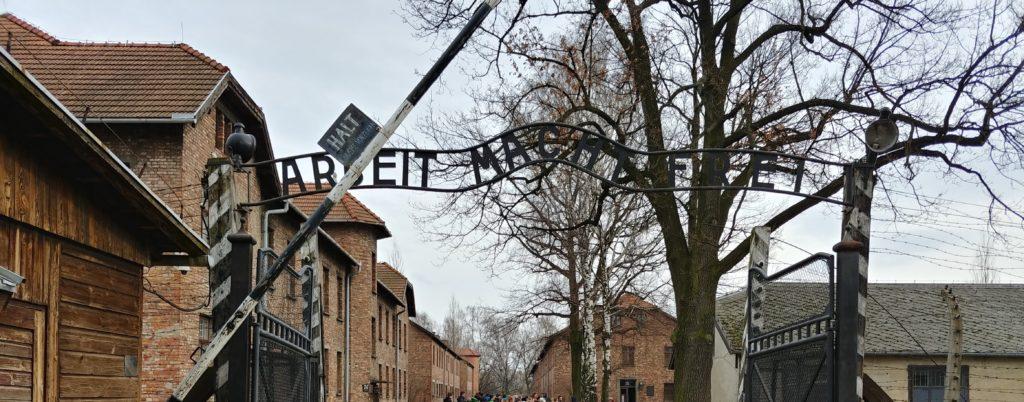Slider photo courtesy of Jared Schultz.
On Jan. 25, a bill was passed in Poland that caused a lot of controversy. The law bans referring to Nazi concentration camps as “Polish,” even those which were in Poland. It also threatens people with consequences should they insinuate that the Poles were involved in Nazi crimes against the Jews. What does this mean for Jews who live in Poland and Jews who live around the world?
For dozens of years, Poland has been accused of being Hitler’s accomplice. The Institute of National Remembrance (IPN), headquartered in Poland, stated that “defending the good name of our nation against statements that have nothing to do with historical truth seems to be an obvious and necessary stance.” In 1998, the institute was established to safeguard the archives of the Communist Secret Services. It was also put in place to prosecute crimes committed by past regimes.
Patryk Jaki, a Polish politician, is the legislator behind this new law. Jaki claims that “young Poles like him have been taught to feel ashamed, not proud, of their nation’s wartime behavior by successive liberal governments.” Because of this, he decided to establish a law that ensures that “future generations were formed with the foundation of a strong national identity.”
The new bill, however, makes it a crime to call concentration camps in Poland that were established during World War II as “Polish.” It also states that one cannot talk about Poland’s involvement in Nazi crimes, because it is “against historical facts .”

Benjamin Netanyahu, the Prime Minister of Israel, is specifically outraged over this law. He claims that “history cannot be changed and it is forbidden to deny the Holocaust.” Netanyahu ordered the Israeli Embassy in Poland to meet with the Polish Prime Minister so he could express his unyielding opposition to the law.
Former Secretary of State of the United States, Rex Tillerson, expressed that the U.S is “disappointed” with Poland’s decision.
Sagi Rudnick, a junior at Hyman Brand Hebrew Academy, just recently went on the HBHA Jewish Heritage Trip with fellow classmates and peers. The trip included going to Poland, and visiting Treblinka, Majdanek, and Auschwitz, the main concentration camps in Poland. Auschwitz and Majdanek are the most intact today, but Treblinka is slowly crumbling to pieces.

“Here I was, standing at the site of unspeakable crimes against Jews and humanity, and the country in which those crimes were committed went so far as to make it punishable to blame Poland for its involvement,” Rudnick said.
Rudnick said regarding the Polish law that it is a “dangerous threat to free speech, sets an awful precedent, and is just plain wrong.”
Anna Chipczyńska, the president of the Jewish community in Warsaw said, “We are receiving anti-Semitic, anti-Jewish statements on a daily basis.” Not only that, but members of the Polish-Jewish community are beginning to feel “that their loyalty is being questioned.” Jews around the world are left feeling uneasy and worried for what will happen in the future regarding this new law.














































































